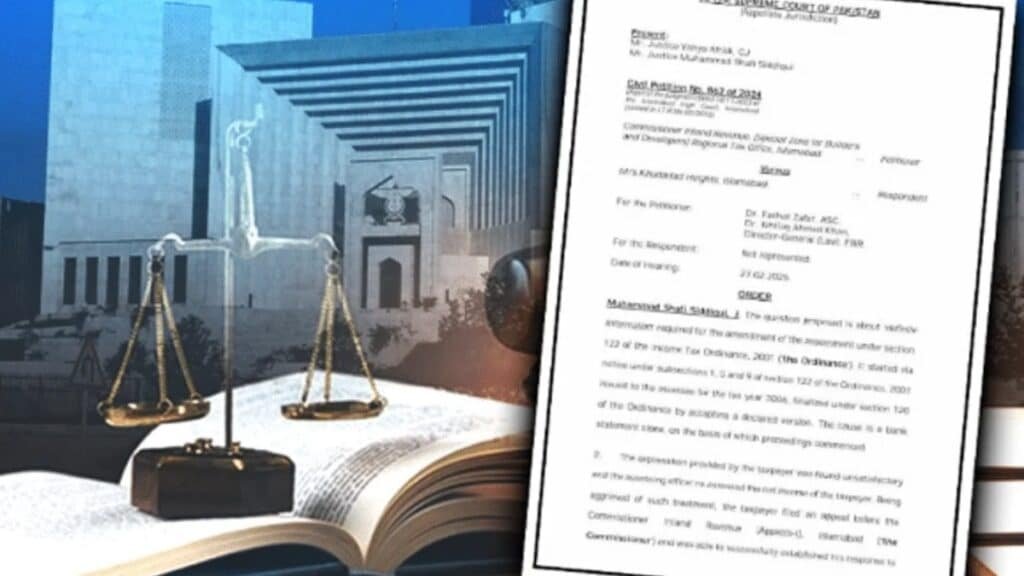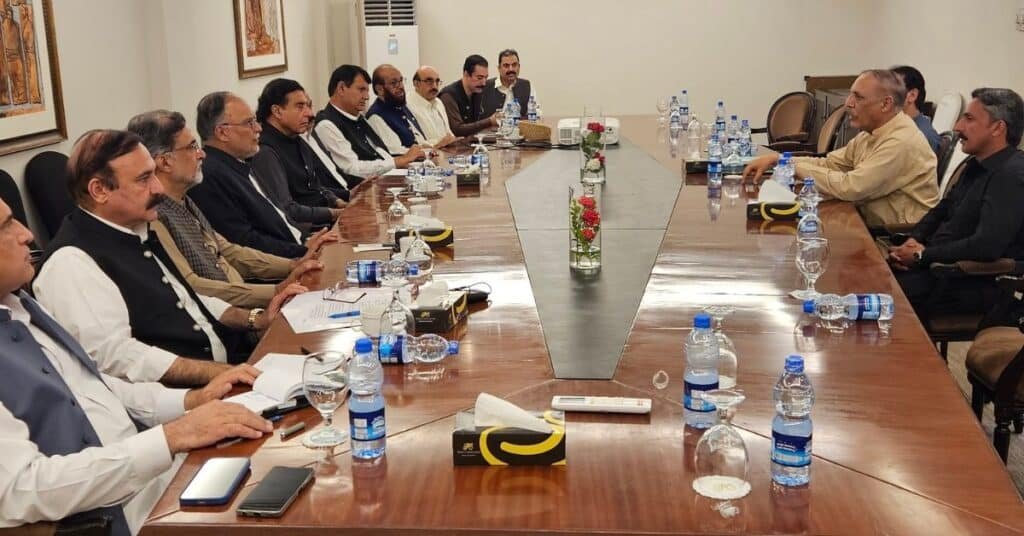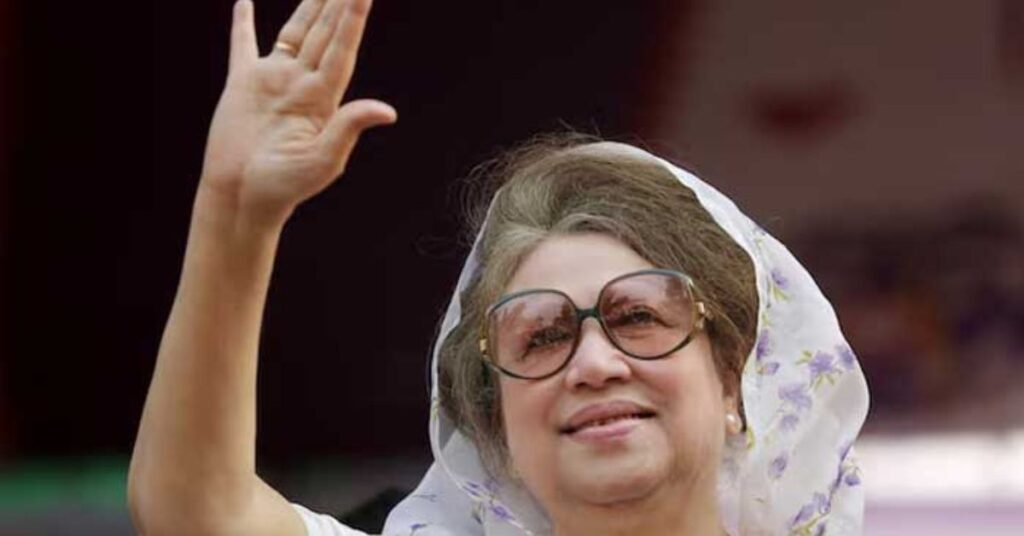ISLAMABAD (Kashmir English): The Supreme Court of Pakistan has delivered a landmark judgment, ruling that a bank statement alone cannot be considered proof of income. This decision is seen as a major setback for the Federal Board of Revenue (FBR), which had relied on bank transactions to initiate tax reassessment proceedings.
The case involved a taxpayer whose bank account showed several credit entries. Based on these transactions, the FBR issued a notice, claiming that the amounts were “undisclosed income” and began reassessment under Section 122(5A) of the Income Tax Ordinance 2001.
However, the taxpayer challenged the notice, arguing that a bank statement only records transactions and does not confirm whether the amounts were income or related to a specific tax year. The lower court and the high court both accepted this argument, a position that the Supreme Court has now upheld.
According to the court’s detailed ruling, bank statements do not fall under the definition of “definite information” required for reassessment. The Supreme Court stressed that tax actions must be based on clear, specific, and verifiable information that has a direct link to a person’s income.
The court also rejected the idea that assumptions or general information are enough to trigger tax reassessment. Suspicion or guesswork, it said, cannot justify legal action under Section 122(5A).
Legal experts believe the Supreme Court’s decision will have a far-reaching impact. Many reassessment cases where FBR used only bank entries as evidence may now come under scrutiny.
In its ruling, the Supreme Court granted relief to the taxpayer and sent a strong message about the importance of evidence-based tax proceedings. The judgment reinforces the need for transparency, fairness, and due process in Pakistan’s tax system.
This decision is expected to provide relief to many individuals and businesses facing similar issues, and may lead to a change in how the FBR handles future reassessments.




